Google warns: innovation will be stifled if Supreme Court rules against it

A long-running legal battle between Google and Oracle has finally made it to the Supreme Court. In August 2010, Oracle accused Google of using more than 37 Java APIs, and 11 lines of source code from Oracle's Java software without permission in the Android operating system. APIs, or Application programming interfaces, allow software to communicate with each other. The suit was filed just seven months after Oracle acquired Java by closing on its purchase of Sun Microsystems, a transaction that closed on January 27, 2010. Oracle is seeking at least $8.8 billion from Google.
Both sides have had legal victories along the way to the Supreme Court. In May 2012, a jury ruled that Google did not infringe on any patents owned by Oracle. But Oracle won an appeal and the case was remanded back to lower court. And that is where Google won again as the jury ruled that Java's APIs were covered by the fair use doctrine that allowed Google to use them without permission from Oracle. We should note that since Android Nougat, Google had replaced Java's API with ones taken from an open-source version of Java available from the Java Development Kit offered by Oracle.
Google says that if Oracle wins, computer innovation will be "stifled"
But this legal battle has had more twists and turns than an NBA game. In March 2018, the U.S. Court of Appeals for the Federal Circuit overturned the previous decision and remanded the case back to lower court to compute damages. Over the course of the trial, APIs went from not being copyrightable, which played to Google's defense, to being copyrightable allowing Oracle to lick its lips at the prospect of collecting a huge award. But the Supreme Court, which originally decided not to listen to the case in 2014 when Google asked, announced back in November that it would hear the case.

Google says that its use of Java's APIs were protected by the fair use doctrine
Google submitted a filing to the Supreme Court today that once again argues that what it did was legal to use APIs taken from Java to help make it easier for Android to communicate with other software. Google warns the Supreme Court that if it rules against the company, innovation will be "stifled" in the computer industry. The company's Senior Vice President of Global Affairs and its Chief Legal Officer Kent Walker wrote on a blog post today that "We’re asking the Court to reaffirm the importance of the software interoperability that has allowed millions of developers to write millions of applications that work on billions of devices. As Microsoft said in an earlier filing in this case: Consumers ... expect to be able to take a photo on their Apple phone, save it onto Google’s cloud servers, and edit it on their Surface tablets."
The Supreme Court will have to make the tough decision, like the lower courts before it did, whether APIs can be protected by copyrights. If the answer is "yes," the next question is whether or not it is fair to allow the use of these legally protected interfaces to create new technologies. Google's Walker sums up this aspect of his company's arguments with an easy to understand scenario. "Imagine a world in which every time you went to a different building, you needed a different plug to fit the proprietary socket, and no one was allowed to create adapters."
Walker writes that Google is looking forward to making its case before the Supreme Court this coming spring. He also explains the importance of this long-running case by stating, "Open interfaces between programs are the building blocks of many of the services and products we use today, as well as of technologies we haven’t yet imagined. An Oracle win would upend the way the technology industry has always approached the important issue of software interfaces. It would for the first time grant copyright owners a monopoly power to stymie the creation of new implementations and applications. And it would make it harder and costlier for developers and startups to create more products for people to use."
Follow us on Google News






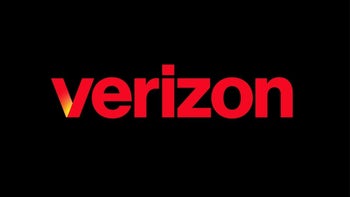

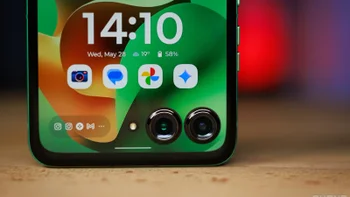
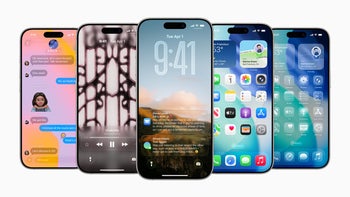
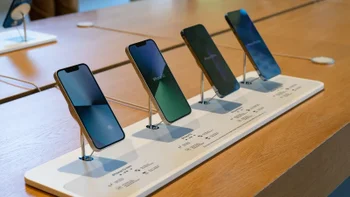
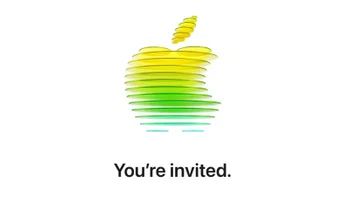
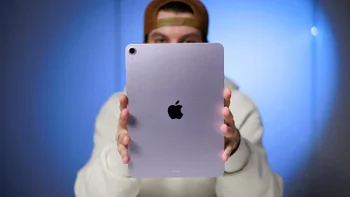
Things that are NOT allowed:
To help keep our community safe and free from spam, we apply temporary limits to newly created accounts: